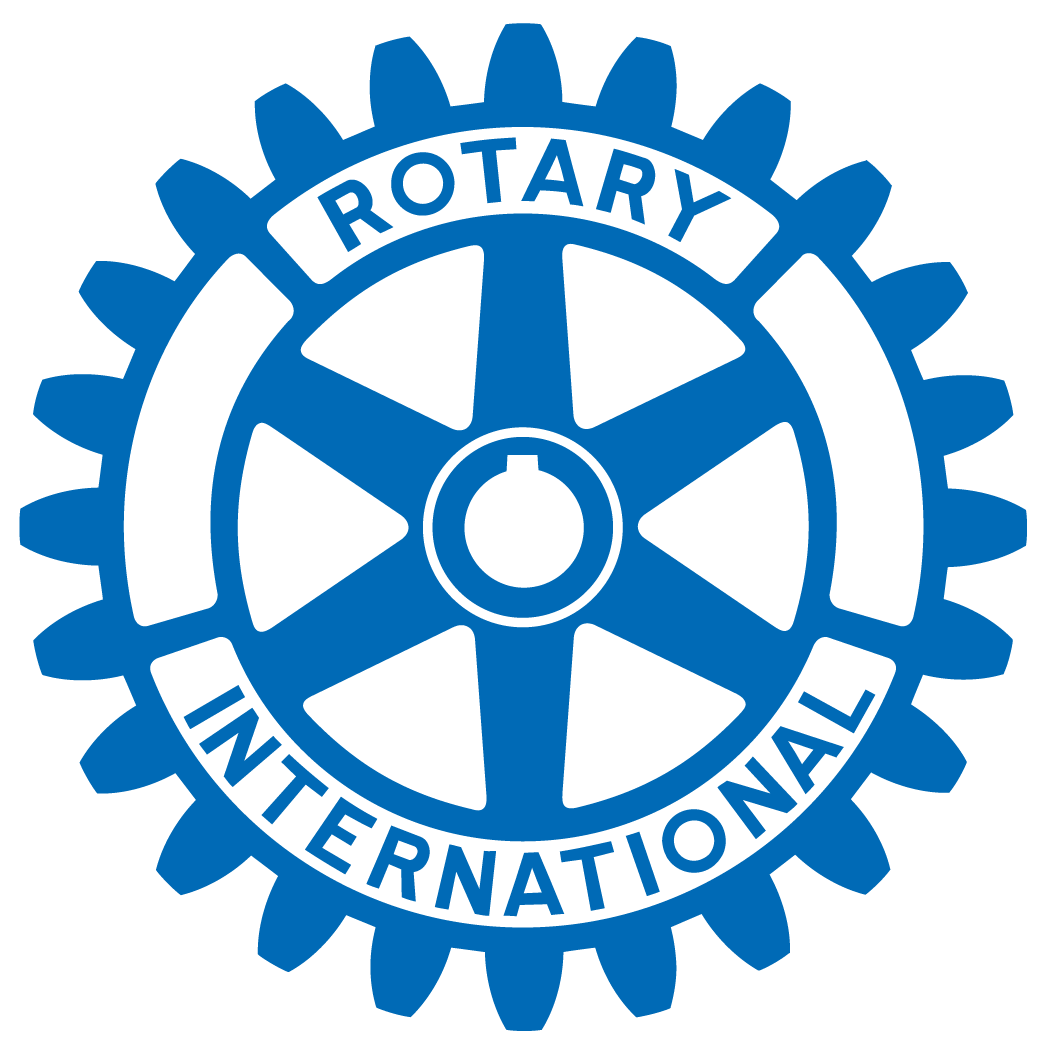Betsy Savino, Classification Speech
Healthcare High Needs Children
Speaker: Betsy Savino Classification Speech Betsy is a family nurse practitioner. Nursing runs in the family -- mother, grandmother, sisters, brother and in-laws. AA in nursing from Columbus Community College in Ohio after trying to figure out what she wanted to do. Worked in a pediatric unit in Columbus, then in a special care nursery, neonatal ICU at Ohio State. Then worked in neonatal ICU at U Michigan. A physician who did his residency there planned to set up a practice in Spokane, Washington -- recruited to set up nursery there. Then promoted to director of maternal and child health overseeing a number of departments.
Then Betsy got bored. Went back to school in Healthcare Administration -- 3/4 of the way through realized she did not want to do it. Gonzaga started offering a Nurse Practitioner program. She was able to meet pre-reqs creatively and went to 7.5 years to get BA and Masters. During this time, she was going to school, doing clinicals, studying, raising two kids and working. She demoted herself to Home Health Care to reduce the demands.
After graduation, she worked in an OB-Gyn practice in Spokane. Married Don in 2005. In 2006 sister asked Betsy to help with the group home business in Phoenix. In 2008 Don and Betsy bought the business. 9 beds then, now they are up to 24 beds in 4 group homes for medically fragile children.
When things were going smoothly, she missed being a family practitioner. Worked for a while in Ahwatukee. It was too much. She is back running the business.
Many of children are ventilators and/or feeding tubes, children who are post-transplant, sometimes pre-transplant where they need more care than parents can manage. Some of their children are pre-mature. Quite a few young adults who have "aged out" or parents can not care from them. A number of children have cerebral palsy. Some have non-accidental head injuries that they will not recover from. Some go to school and Mesa Public Schools have been excellent to work with. Their business trains bus drivers and teachers. For particularly fragile kids (including children with autism) they provide an aide for the child while in school.
People ask, where are the parents? Certain situations where child is too difficult to manage because of home circumstances. Some children have families on the reservation without electricity or water -- cannot provide the level of care. Some are CPS placements who languish in foster care. Sometimes it is medical neglect -- parents can't take care of them -- homeless, single parents, drug issues.
Question: Do you get Fetal Alcohol Syndrome children? Some of the premies are, but not as much as you might expect. Mostly in-utero meth exposed -- they are more compromised by the pre-mature birth which is common with meth exposure.
People ask: Who pays? Most of the children qualify for DDD funding; also Arizona long-term care (ALTCS) -- a form of Medicaid for people who will need care for the rest of their lives. They also receive a few private-pay insurance clients. Ultimately they usually wind up qualifying for long-term care support.
There is usually still some form of parental contact. They try to do what they can support the connections.
They have 60 staff with a 1:3 staff:child ratio.
In closing, Betsy and Don love their work.

